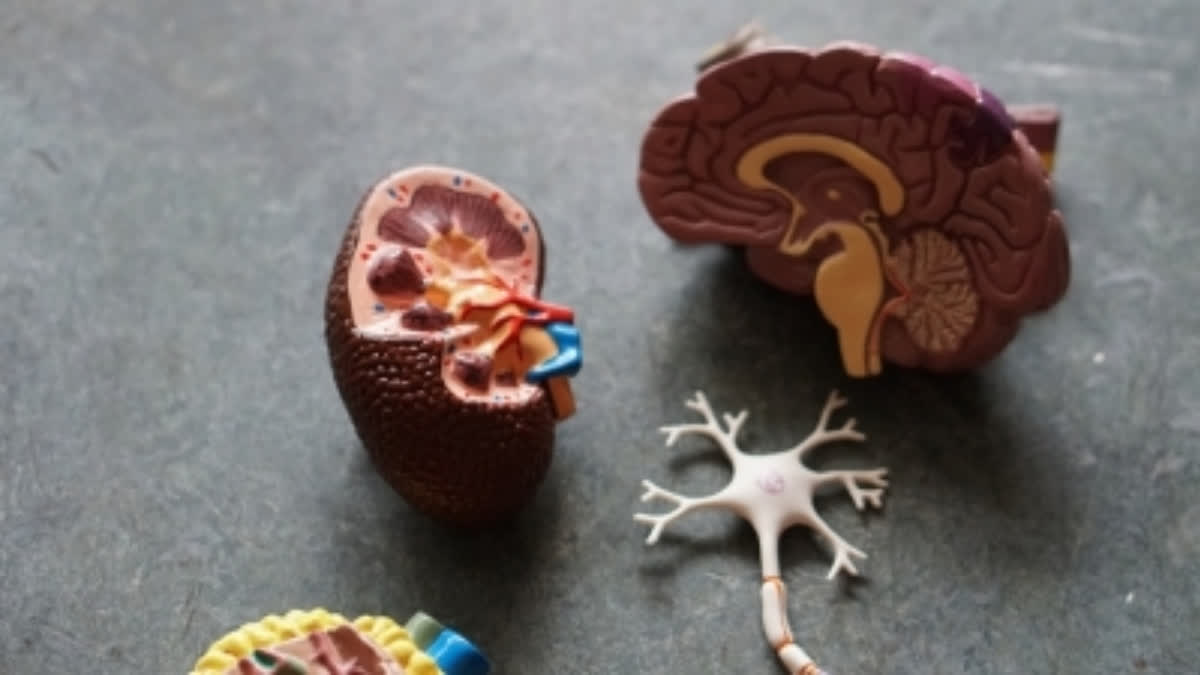London: British researchers have made a remarkable step forward in finding a potential cure for a type of childhood kidney disease. The team from the University of Bristol showed that just one dose of gene therapy targeting cells in the kidney has the potential to cure a condition known as steroid-resistant nephrotic syndrome.
The findings, published in the journal Science Translational Medicine, suggested that replacing one faulty gene that codes for a protein known as podocin could cure the condition. Podocin is a protein essential for the functioning of cells called podocytes which have a critical role within the kidney's filtration system. Nephrotic syndrome is a condition where the kidney's filtering units are damaged, allowing large amounts of protein that should be kept in the bloodstream to leak into the urine. This can lead to swelling, particularly in the eyes and legs, and an increased risk of infections and blood clots, and the risk of kidney damage. It can occur at any age but is most commonly diagnosed in children under five years old.
Often the symptoms can be managed with a type of medication known as steroids, however, around 10 per cent of children with nephrotic syndrome do not respond to steroids and many will go on to develop kidney failure and will need dialysis or transplant within two to five years. This is the group where a faulty gene is frequently the cause of the disease."We are hoping that this treatment could be curative. You keep the same podocytes for life, so if we can change their gene expression right at the beginning of the disease, we should be able to prevent this disease from progressing," said Professor Moin Saleem, from the Bristol Medical School."With most kidney diseases, there is a reasonable window of opportunity, often years, before you get irreversible damage to the kidneys, where we would hope to be able to intervene with gene therapy and avoid the need for dialysis or transplantation," he added.
The discovery could bring major benefits to hundreds of children who currently suffer from nephrotic syndrome. If the intervention works, patients will be saved from a life of kidney failure and subsequent dialysis and transplant treatments. For gene therapy to be successful, researchers must make sure the new genetic material reaches the right cells and is used by those cells for a long time to restore their normal function. The team used a virus -- incapable of causing disease but excellent at carrying genetic information directly into cells -- called adeno-associated virus (AAV) to deliver the podocin gene to the correct cell type.
Using this technique, the team were able to replace the original faulty gene in the podocytes, successfully treating several different laboratory-based models of nephrotic syndrome.Further research in the coming years will determine whether the therapy is viable to be used within the health service. (IANS)



